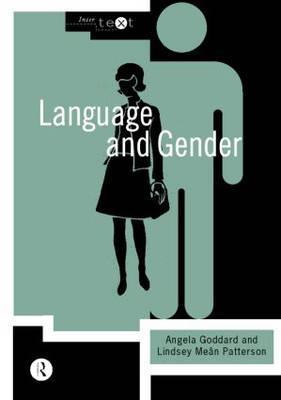What do you think?
Rate this book


128 pages, Paperback
First published May 8, 2000
"Categories, especially social categories, actually only exist because they are viewed as culturally significant...But the categories which are used in a society are a reflection of what the society believes to be important about people, believes which are based upon its political and social order - its ideology"
"The markings in each of the phrases above are used to tell us that the label departs from some unstated 'norm' or typical situation...For example, the phrase 'working mother' suggests that the norm for 'mother' is someone who stays at home to look after the children and does not have paid employment...The phrase 'single mother' tells us that the 'ideal' is marriage or partnership...So the unmarked term 'mother' can be seen as representing a norm of: staying at home, not being in paid employment, being in a relationship, being the biological parent, and nurturing and caring for the child."